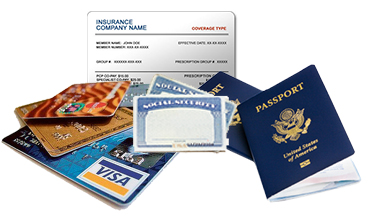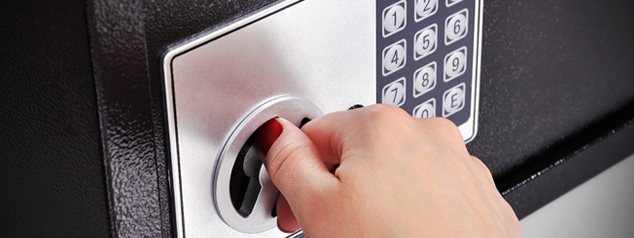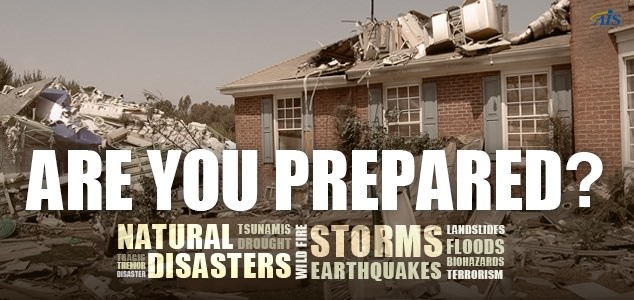Many people know the importance of having emergency kits in their cars or emergency evaluation plans for their homes. However, many neglect to formulate a financial emergency plan, which can save time and frustration in a number of situations. We want you to be fully prepared for anything that comes your way. Here are some reasons why a financial emergency plan is so important and how to put one together.
Who Needs One

Financial emergency plans are a valuable asset during many life events. Here are just a few of the times that one of these plans can come in handy:
- Natural Disasters– Almost every area of the United States is at risk of some type of natural disaster. Homeowners who have a financial emergency plan are able to retain important documents and account information even during evacuations.
- Theft– Plans are also helpful when a wallet or laptop that contains personal information is stolen. It’s vital to notify all financial institution immediately. But, many people don’t have a concise list of all their banking contact information or even where accounts are located.
- Sudden Illnesses– Having a financial emergency plan can help loved ones continue managing your finances the way that you would want in case you are incapacitated.
Making an Emergency Financial Plan
Start by gathering all of the financial documents that you, or someone else, would need to access accounts and continue running your daily affairs. Some of the items that are critical to include are:
- Birth certificates and social security cards
- Marriage certificate
- Copies of driver’s licenses, passports and credit cards
- Property deeds and mortgage documents
- Vehicle titles
- Insurance policies
- Health insurance cards

- Three years of tax returns
- Wills, Living Wills, Power of Attorney, Letters of Instruction and Health Care Power of Attorney documents
- Contact information for advisors, insurance agents, guardians and doctors
- Recent bank and brokerage statements
- List of user IDs and passwords
- List of assets and liabilities
Once families have gathered all of the necessary documents, they should write out instructions that explain each of the items. For example, different assets may have insurance policies at different insurance companies. Then, place the items into a locked fireproof box and keep it in a location that is easy to reach at a short notice.

Dealing with an unexpected life event or a disaster is hard enough without worrying about having access to your financial accounts. In difficult circumstances, creating a comprehensive emergency financial plan helps families be prepared financially for whatever lies ahead.
The information in this article was obtained from various sources. This content is offered for educational purposes only and does not represent contractual agreements, nor is it intended to replace manuals or instructions provided by the manufacturer or the advice of a qualified professional. The definitions, terms and coverage in a given policy may be different than those suggested here and such policy will be governed by the language contained therein. No warranty or appropriateness for a specific purpose is expressed or implied.



